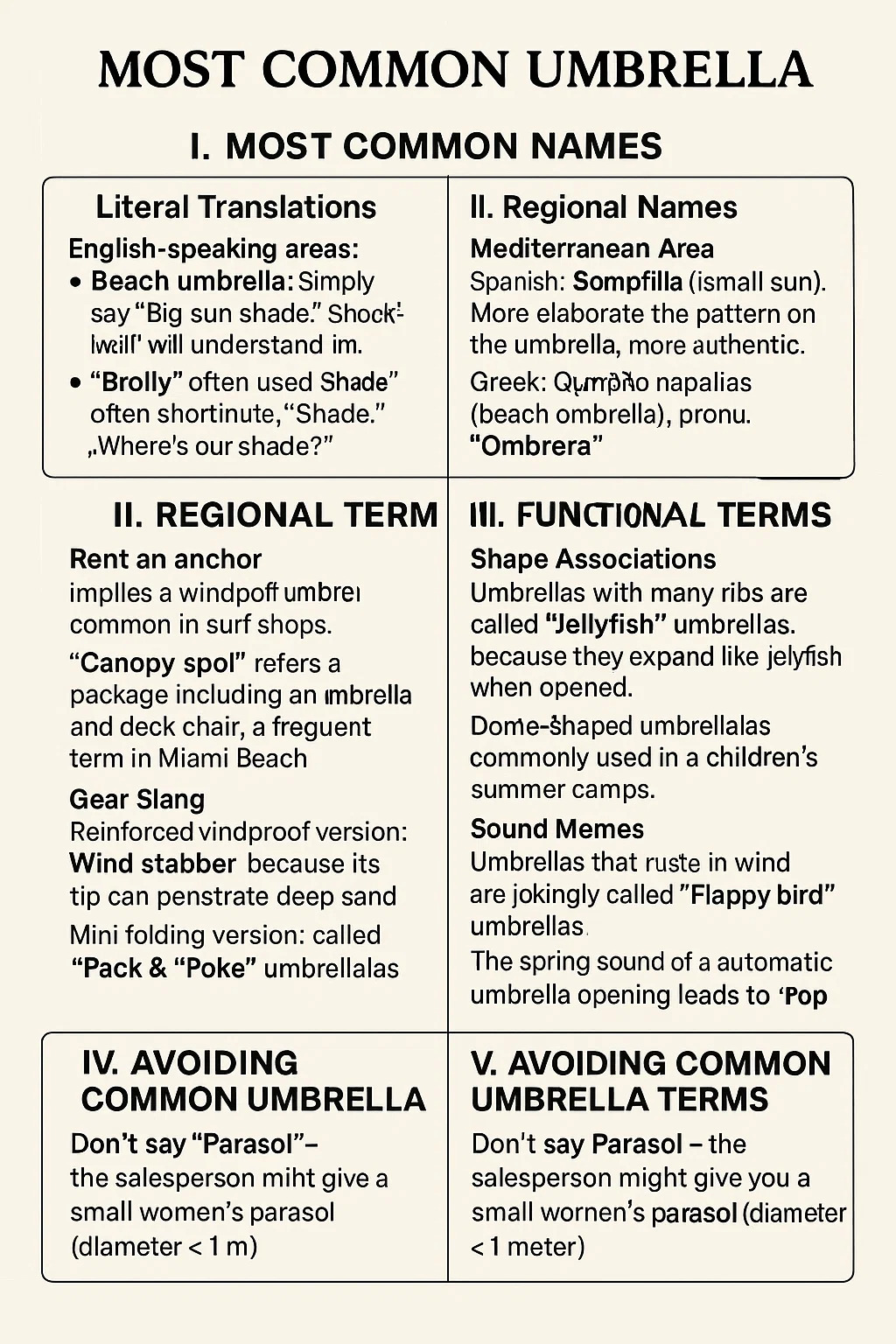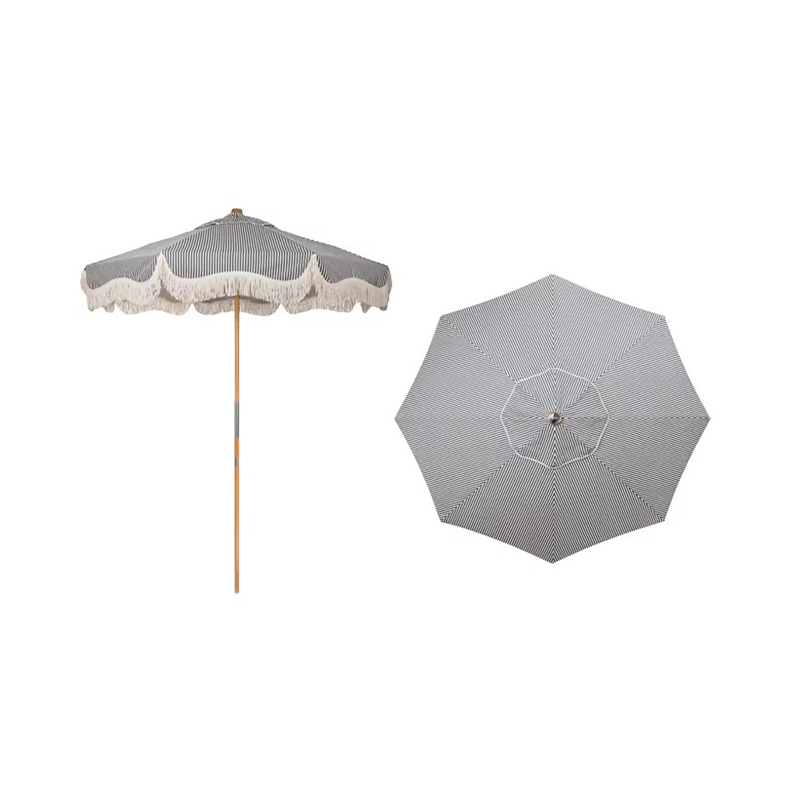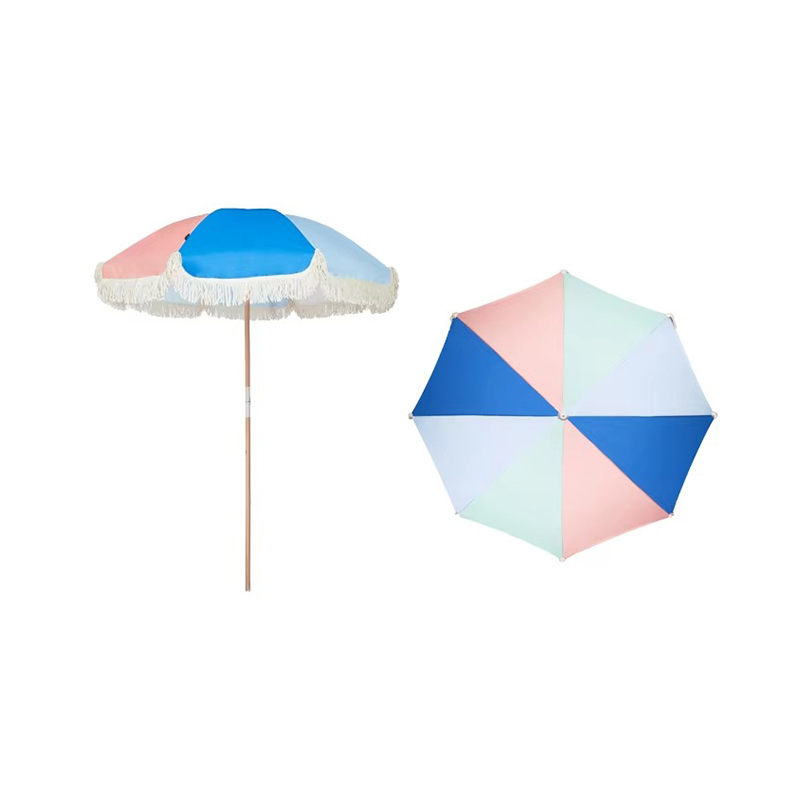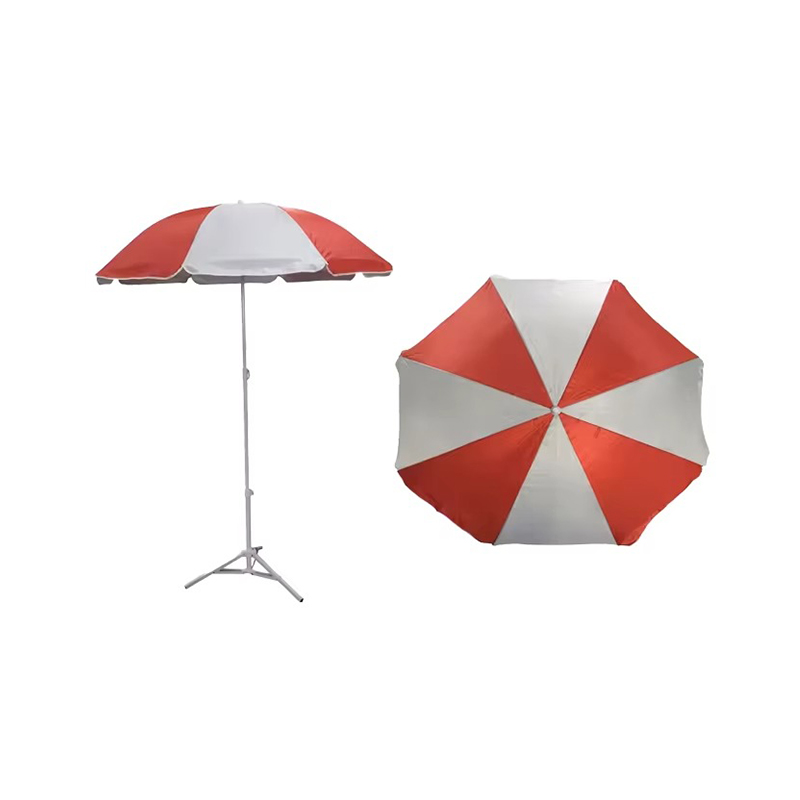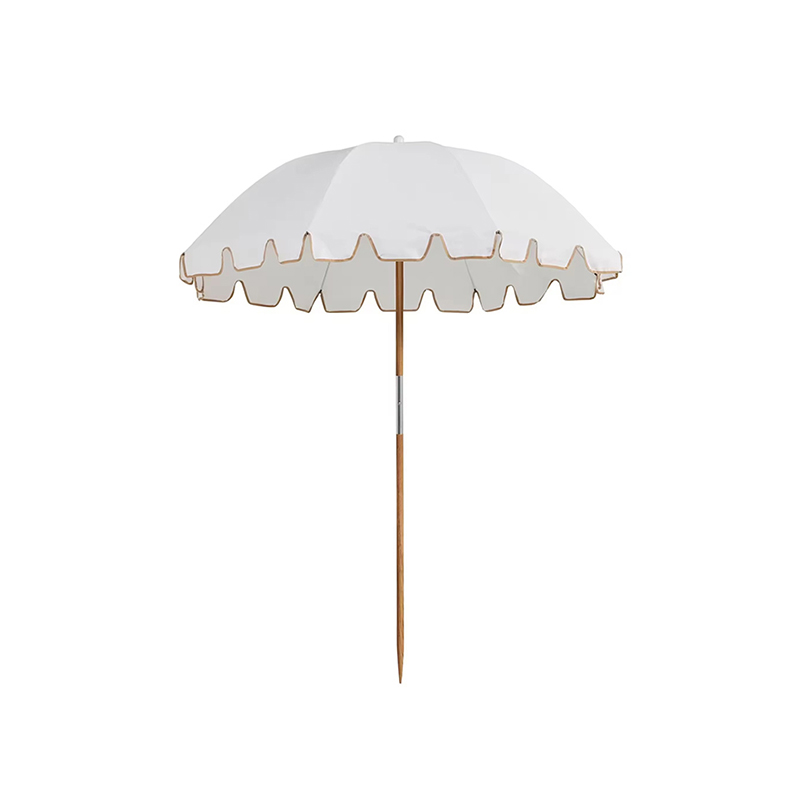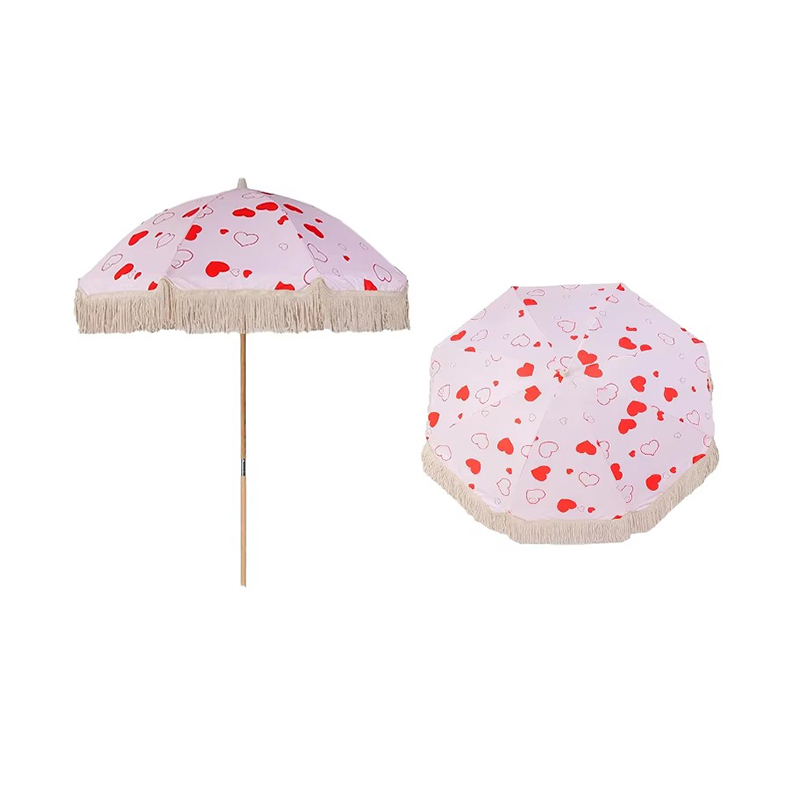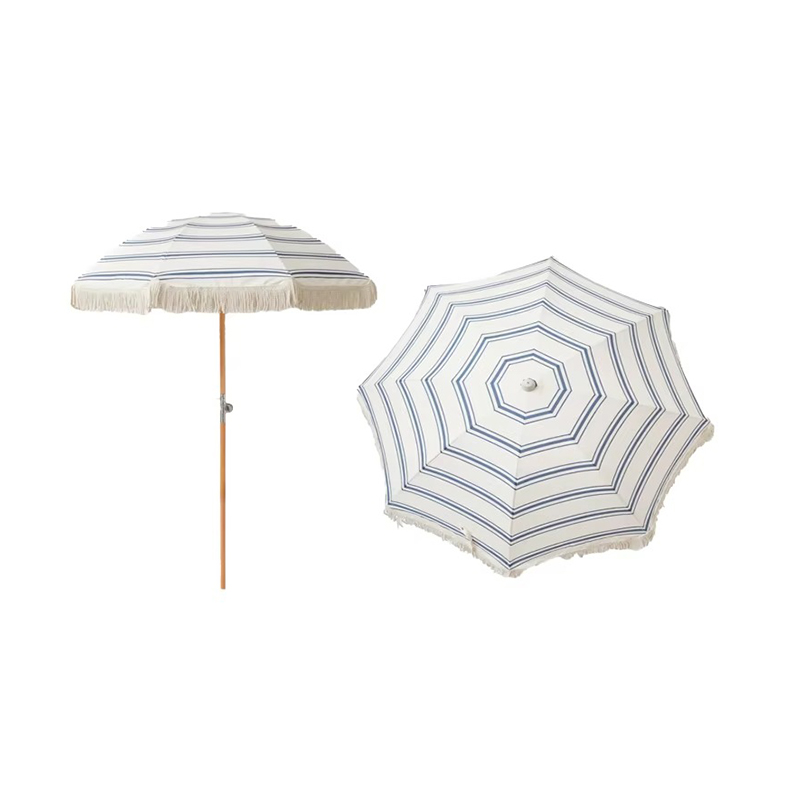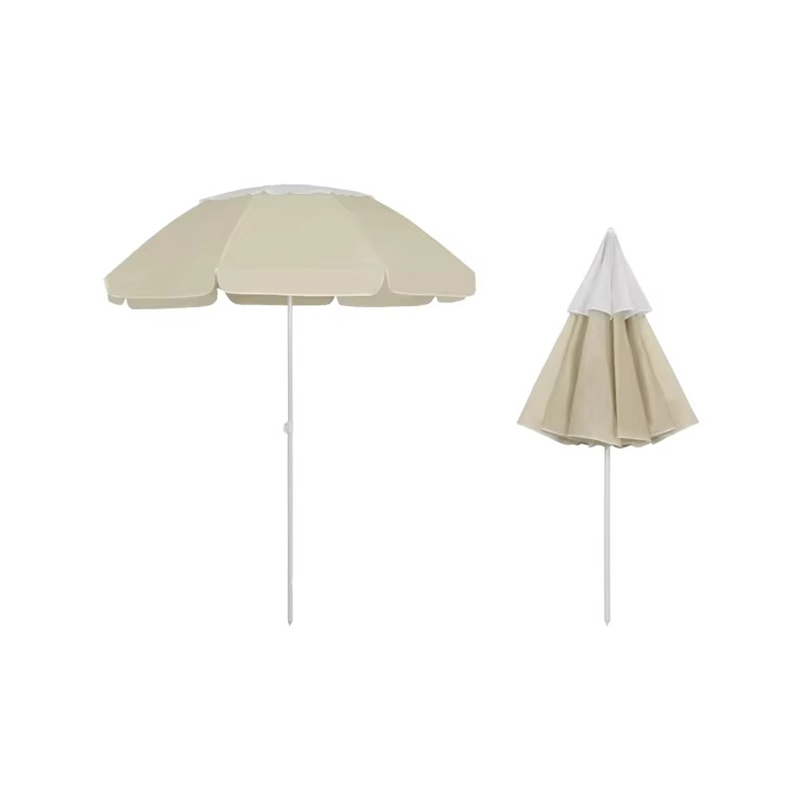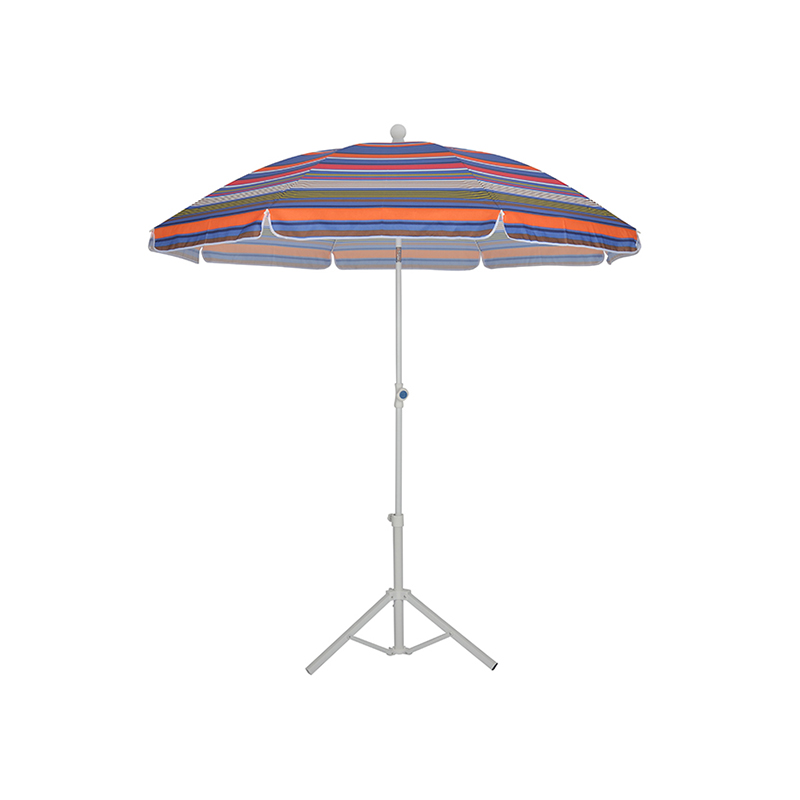What are beach umbrellas called?
Posted by Admin
Here are common names for beach umbrellas in different contexts:
Content
I. Most Common Names
▸ Literal Translations
English-speaking areas: Simply say "Beach umbrella." Shopkeepers will understand immediately.
Seaside shops: Saying "Big sun shade" will also get it right.
▸ Lazy Abbreviations
Foreigners often use "Brolly" (British slang), especially on Australian/British beaches.
American young people often shorten it to "Shade," for example, when asking "Where's our shade?"
II. Regional Names
▸Mediterranean Area
Spanish: "Sombrilla" (small sun). The more elaborate the pattern on the umbrella, the more authentic it is.
Greek: "Ομπρέλα" παραλίας (beach umbrella), pronounced like "Ombrera"
▸Asian Variations:
In Japan, it's called "ビーチパラソル" (beach parasol), a hybrid of the French word. In Thailand, it's called "ร่มชายหาด" (beach umbrella), pronounced "Longchaha" with a trilled "r" sound.
III. Functional Terms
▸Rental Scenarios:
Saying "Rent an anchor" implies a windproof umbrella, common in surf shops.
"Canopy spot" refers to a package including an umbrella and a deck chair, a frequent term in Miami Beach.
▸Gear Slang:
Reinforced windproof version: called "Wind stabber" because the tip can penetrate deep sand. Mini folding version: called "Pack & "Poke" umbrellas, a backpacker favorite.
IV. Origins of Creative Names
▸ Shape Associations:
Umbrellas with many ribs are called "Jellyfish" umbrellas, because they expand like a jellyfish when opened. Dome-shaped umbrellas are called "Turtle shell" umbrellas, commonly used in children's summer camps.
▸ Sound Memes:
Umbrellas that rustle in the wind are jokingly called "Flappy bird" umbrellas. The spring sound of an automatic umbrella opening leads to "Pop tent".
V. Avoiding Common Umbrella Terms
Don't say "Parasol"—the salesperson might give you a small women's parasol (diameter < 1 meter).
Be careful with "Sun tent"—you might get a children's play tent.
